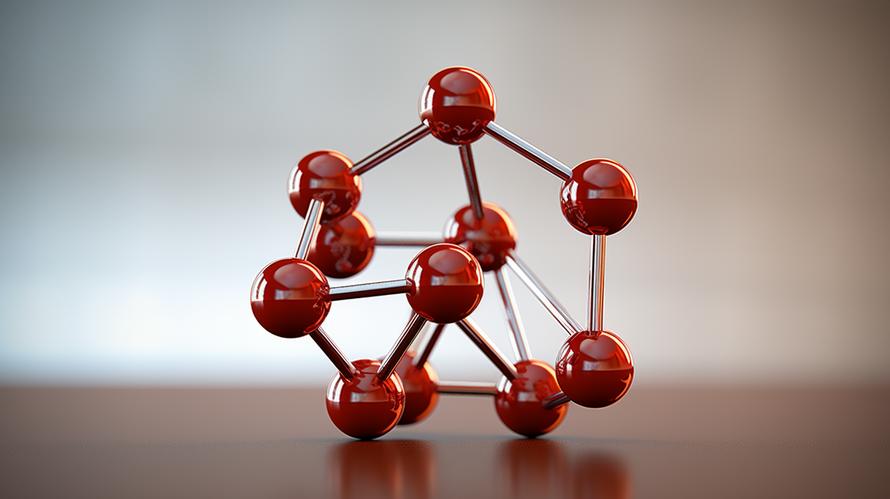Over the past 20 years, there has been a significant decline in men’s testosterone levels. An increasing number of men are now suffering from low testosterone due to conditions such as stress, carrying excess body fat, and being exposed to environmental toxins. However, you can combat this issue by taking steps to boost your testosterone and reap the associated health benefits.
One possible reason for the decline in testosterone levels is a rise in emotional stresses. This is because stress, chronic worry, anxiety, and depression can lead to an increase in cortisol production. Cortisol slows the production of testosterone from its precursors, such as dehydroepiandrosterone (DHEA), androstenedione, and androstenediol. In addition, carrying extra body fat can produce inflammatory chemicals that disrupt hormone function even further. The fatter you are, the more likely it is that your testosterone will be converted to estrogen due to the action of an enzyme called aromatase.
Chronic pain, low blood sugar, insulin problems, sleep deprivation, disrupted light cycles, infection, and chronic inflammation can all lead to high cortisol production, further impacting testosterone levels. This is known as the “cortisol steal” phenomenon, and can have serious repercussions on overall health.
Another factor contributing to the decline in men’s testosterone is exposure to toxic substances. These toxins can be found in many commercial personal-care and household products that may contain harmful chemicals called phthalates. Introduced in the 1920s for industrial purposes, the use of phthalates has rapidly increased in recent times. Research has shown that exposure to phthalates can lead to a variety of reproductive health issues in males, such as decreased sperm count and increased infertility rates. These chemicals can be found in items such as shampoos, moisturizers, liquid soaps, hair sprays, colognes, bathroom scents, sprays, and detergents.
Yet another toxin that is frequently found in plastics and widely used in modern society is bisphenol-A (BPA). A known endocrine disrupter, BPA can mimic human hormones and interfere with various functions within the body. Alarmingly, average levels of BPA exposure in humans are above those shown to cause harm in animal experiments. BPA can often be found in products like water bottles, baby bottles, sports equipment, CDs and DVDs, and dental sealants.
Treatment for testosterone deficiency is relatively simple. Your doctor may require a blood test to check for levels of the other related hormones—DHT, DHEA, SHBG, LH/FSH, and estradiol—in your blood, urine, or saliva. In some cases, bio-identical testosterone sourced from compounding pharmacists can be used as a cream or gel applied daily to the soft skin areas of the body (excluding genitalia). Alternatively, synthetic testosterone can be administered in the form of creams, gels, or injections.
It is important to note that there have been concerns regarding the potential exacerbation of benign prostatic hypertrophy (BPH) with testosterone therapy. However, these concerns have largely been disproven, and the risk of developing prostate cancer due to testosterone supplementation is considered to be low. Evidence from numerous studies has shown that there is no increased risk of prostate cancer associated with increased testosterone levels.
One consequence that men receiving testosterone therapy should be aware of is a potential decrease in sperm count after about six months of treatment. This occurs because the body naturally slows down its own testosterone production when an ample amount is already present in the blood circulation and tissues. Consequently, sperm count may decrease, though not drastically. Sperm count levels generally begin to rise again shortly after discontinuation of testosterone therapy, returning to pre-treatment levels within a year.
In conclusion, taking steps to address testosterone deficiency is crucial for maintaining overall male health. With appropriate treatment and lifestyle changes, it is possible to counteract the decline in testosterone levels, ensuring optimal health and vitality.



